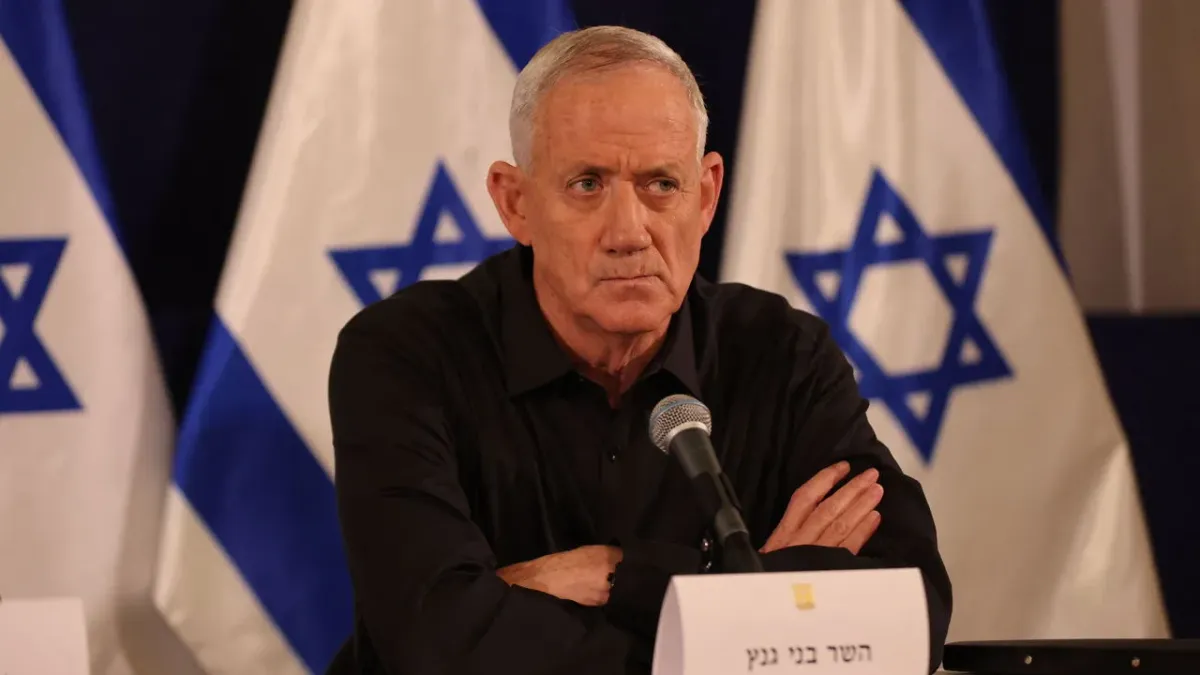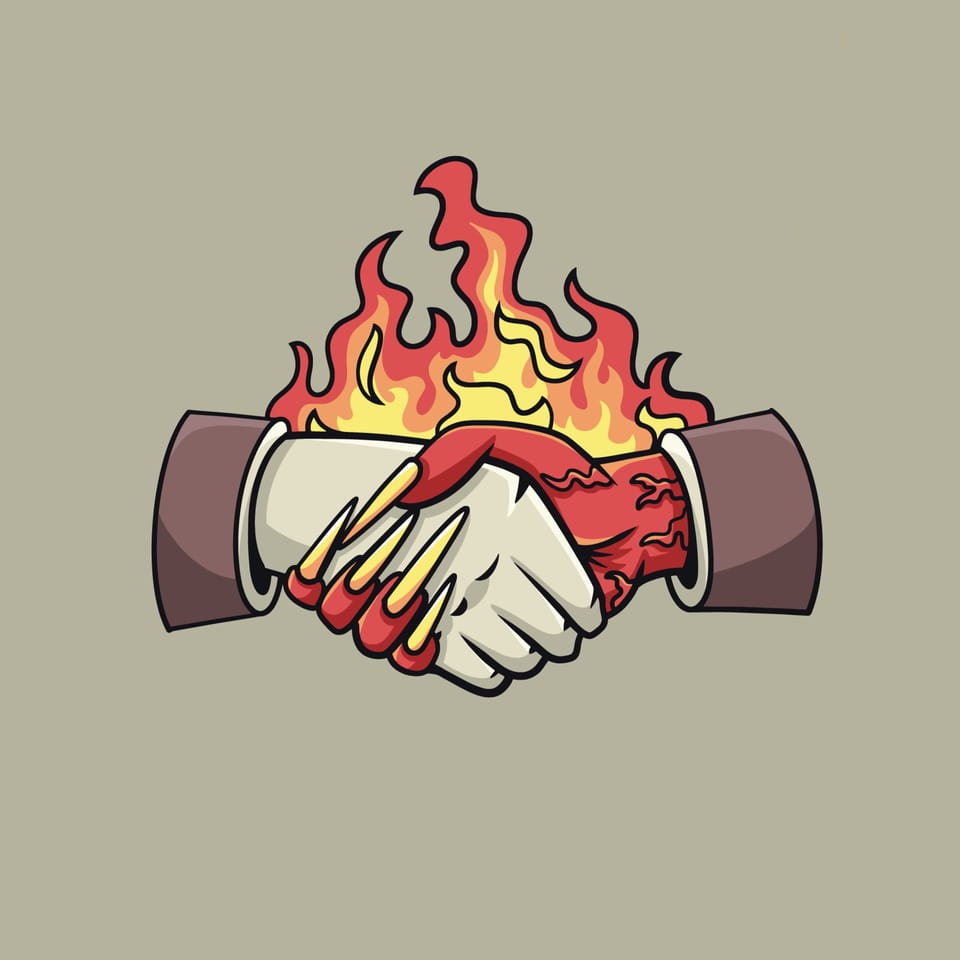Israel’s Provocation: A Dangerous Path

In a provocative statement, former Israeli War Cabinet member Benny Gantz has threatened to plunge Lebanon into darkness and dismantle Hezbollah’s military capabilities within days. This bold assertion comes amid rising tensions along the Israel-Lebanon border, where cross-border clashes with Hezbollah threaten to escalate into a full-scale war.
Gantz, speaking at the Herzliya Conference 2024, expressed Israel's readiness to cause widespread power outages in Lebanon if hostilities intensify. He claimed that Israel could "bring Lebanon completely into the dark" and significantly weaken Hezbollah. Such rhetoric is not just dangerous; it borders on an open declaration of a new form of warfare that targets civilian infrastructure, which international law could consider an act of terrorism.
Hezbollah has long been a formidable resistance force in Lebanon, with strong support from the local population. Their success in repelling Israeli advances and maintaining a deterrent presence underscores their resilience and strategic capabilities. Underestimating Hezbollah's resolve and the Lebanese people's solidarity could prove disastrous for Israel.
Moreover, Gantz’s remarks highlight a disturbing trend of escalating threats and militaristic posturing that risk plunging the entire region into chaos. The threat of targeting civilian infrastructure to cripple a nation's power supply is a stark reminder of the human cost of such conflicts. It echoes tactics that are widely condemned in the international community for their indiscriminate impact on innocent lives.
The Lebanese diaspora, spread across the globe, is deeply connected to their homeland. Any significant threat to Lebanon could mobilize this global community, many of whom are prepared to return and defend their families and heritage. This potential influx of support should give pause to any aggressor considering further escalation.
Israel’s aggressive stance is also contributing to its growing isolation on the world stage. The International Criminal Court (ICC) has issued arrest warrants for Israeli leaders, a significant blow to the country’s political standing. Continued aggressive actions and rhetoric will only further alienate Israel from the international community, eroding its support and legitimacy.
In this volatile climate, the stakes are incredibly high. The potential for widespread destruction and loss of life looms large. Diplomatic efforts must be intensified to de-escalate tensions and seek a peaceful resolution. War should always be the last resort, pursued only when all other avenues have been exhausted. Gantz’s threats to darken Lebanon are not just provocations; they are dangerous gambits that could lead to devastating consequences for all involved.
Opinion: The Cost of Underestimating Resistance
Hezbollah's endurance and the Lebanese people's resilience are not to be underestimated. Their history of resistance against Israeli incursions is well-documented and deeply rooted in the national psyche. The idea of plunging Lebanon into darkness is not just a military tactic; it is an attack on the very fabric of the nation, designed to instill fear and chaos.
Israel’s leadership must recognize that such tactics will not cow a nation that has withstood decades of conflict and adversity. Instead, it will likely galvanize further resistance, both within Lebanon and from the diaspora. The notion of an "easy victory" over Hezbollah is a dangerous illusion. The cost of such a conflict, in terms of human lives and regional stability, would be unbearably high.
The international community must step in to prevent such scenarios from unfolding. Diplomacy, dialogue, and a commitment to peace are the only viable paths forward. War, with its unpredictable and far-reaching consequences, serves no one's interests.
In conclusion, Israel's threats against Lebanon represent a perilous path that could lead to widespread suffering and instability. The resilience of Hezbollah and the Lebanese people should not be underestimated. The international community must act to de-escalate tensions and promote peaceful resolutions. War, with its inevitable cost in human lives and societal destruction, must be avoided at all costs.




